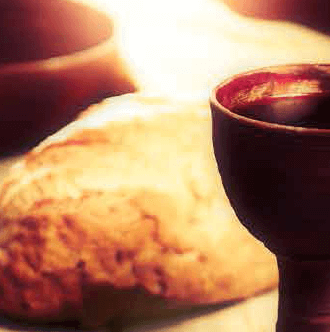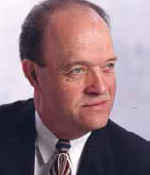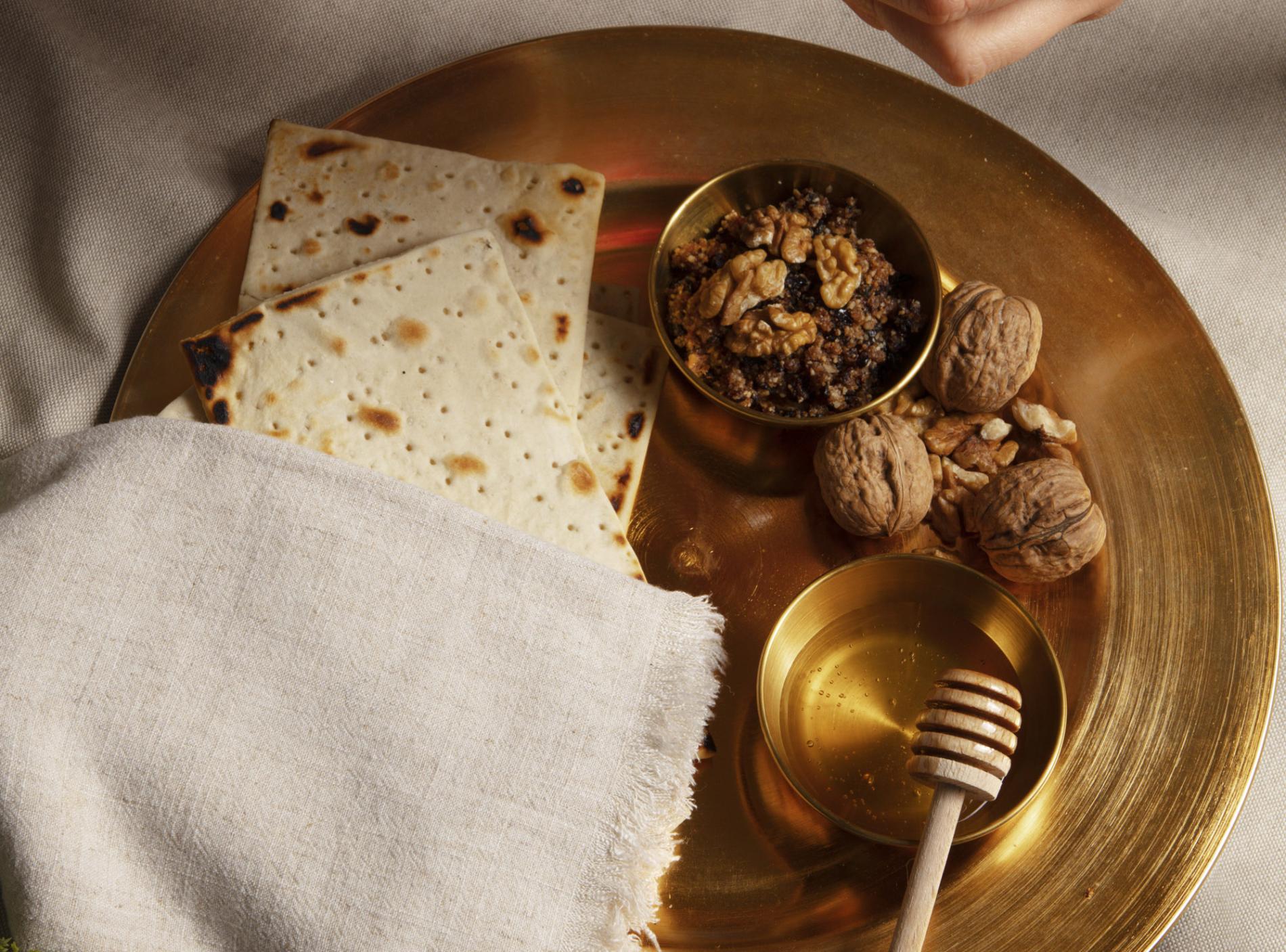 Every event on God’s calendar is very important to all Believers in Yeshua. Despite the fact that most Christians have consigned the biblical festivals to a long-forgotten history of the Jewish people, these festivals are just as vital to Christian identity today as they were in Bible days. The festivals which Yeshua and the apostles celebrated as they joined their Jewish families and communities in worship of the God of Israel still have profound importance for the Messianic Jewish community and for all Christians today.
Every event on God’s calendar is very important to all Believers in Yeshua. Despite the fact that most Christians have consigned the biblical festivals to a long-forgotten history of the Jewish people, these festivals are just as vital to Christian identity today as they were in Bible days. The festivals which Yeshua and the apostles celebrated as they joined their Jewish families and communities in worship of the God of Israel still have profound importance for the Messianic Jewish community and for all Christians today.
What does God say to Christians about Passover, Unleavened Bread, Firstfruits, Pentecost, Rosh Hashanah, Yom Kippur, and Tabernacles? The answer is simple: “Celebrate!”
God’s Festivals
What have been termed “Jewish festivals” are actually God’s festivals. In fact, God Himself described them in these simple terms: “These are my festivals” (Leviticus 23:2, emphasis added). Though God did give His festivals specifically to the Jewish people as a part of the Sinai covenant, he clearly intended them for all of His children, including those non-Jews who would believe upon Him through Yeshua, the Jewish Messiah and the Savior of the world.
God specifically instructed His people with these words: “Three times a year you shall celebrate a festival to me” (Exodus 23:14). These three appointments were Pesach (Passover), Shavuot (Pentecost), and Sukkot (Tabernacles). In addition to these three, God added four additional times of celebration in Leviticus 23, thereby making a total of seven biblical festivals. Matzah (Unleavened Bread) and Bikkurim (Firstfruits) were to be celebrated immediately after Passover. Teruah (Trumpets) and Yom Kippur (the Day of Atonement) were to be observed shortly before Tabernacles.
The menorah, the seven-branched lampstand in the Tabernacle of Witness, is an excellent mnemonic device for remembering the three “Feasts of the Lord” and the seven festivals. Just as the menorah has three branches on one side, one shaft in the middle, and three branches on the other side, so God’s calendar has three festivals, Passover, Unleavened Bread, and Firstfruits, at the beginning of the agricultural year, then one festival, Pentecost, in the middle of the agricultural year, and three festivals, Trumpets, Day of Atonement, and Tabernacles, at the end of the agricultural year.
The seven festivals were designed by God to be “appointments,” the primary meaning of the Hebrew word mo‘edim, which is generally translated as “festivals” or “feasts” in English. Since the word mo‘edim can also be translated as “rehearsals,” it is also clear that the festivals were times for God’s people to prepare for events that were still in the future. The seven festivals are appointments that God has set on His calendar for meeting with His people. At the same time, they are rehearsals that point to the unfolding of Messianic prophecy.
Christian Concerns
Amazingly, Jewish and Christian leaders, both in history and in the present day, have offered considerable objection to Christian observance of the biblical festivals. It seems that neither official Judaism nor official Christianity is very tolerant of Christians who confuse and confound the lines of demarcation between Judaism and Christianity by attempting to observe the “Jewish” festivals.
Most Christian objection to festival observance is based on ecclesiastical anti-Judaism that developed after the first century in church history. Before the church fully opened the door to the Gentiles at the Jerusalem Council (Acts 15:16−20), the vast majority of its communicants were Jews; therefore, there was no question at that time as to whether or not Believers in Yeshua should observe the festivals. Their celebration was a significant part of the Jewish heritage upon which the early Jewish leaders of the church had founded a faith and polity that recognized Yeshua as the fulfillment of the Messianic expectations of His people and as the Savior of the world.
Pictures of the Messiah
All of the festivals have great significance for Believers in Yeshua because they reveal truths about the Messiah, just as Paul, the Jewish rabbi and apostle to the Gentiles, pointed out in Colossians 2:16−17: “These [Sabbath and festivals] are a shadow of things to come, the reality of which is the Messiah.” All seven of the festivals, therefore, are prophetic pictures of the Messiah, who is the reality and fulfillment of each of them.
There could not be a more perfect picture of the person and work of Yeshua HaMashiach than the three spring festivals. Yeshua was crucified on the very day of Passover, forever filling the Passover with eternal, spiritual meaning. He was recognized as the Lamb of God who would remove the sin of the world by no less a prophet than John the Baptizer (John 1:29). Likewise, Yeshua also was the personification of the Unleavened Bread (matzah) in that he was the sinless one who had never succumbed to the leaven of sin (1 Peter 2:22). He was the bread of life who came down from heaven to give everlasting life to all who would believe upon Him (John 6:33, 41, 50). Finally, Yeshua was also the firstfruits of the resurrection (1 Corinthians 15:23) who brought fulfillment to the Festival of Firstfruits when He was resurrected on the very day of that festival following His crucifixion.
Fifty days after His resurrection, on the day of Pentecost, Yeshua imparted the gift of the Holy Spirit to His disciples (Luke 24:49). Just as God had given His Torah to Israel on the first Pentecost, so on the first Pentecost following His resurrection, Yeshua filled the Believers in the Upper Room with the Holy Spirit, empowering them to be witnesses throughout the world (Acts 1:8).
Just as surely as God fulfilled the spring festivals by filling them with the grace of Messiah, so the fall festivals will also be fulfilled by Yeshua in the time of the end. When the Messiah comes, all the events in the fall festivals will come to completion and will be fulfilled in Yeshua. First, God has ordained a great day of awakening as the end of the age approaches. The divine shofar will be blown on Yom Teruah (Rosh Hashanah), issuing a clarion call to summon Israel, the Church, and the world to repentance and restoration (Joel 2:1).
Subsequent to that great awakening, all of Israel will be saved (Romans 11:26) in a profound event of restoration wherein they will recognize the Messiah and be reconciled to Him (Zechariah 12:10). This will be the ultimate fulfillment of Israel’s Day of Atonement when God opens the fountain for sin to the house of David (Zechariah 13:1), makes all of them righteous (Isaiah 60:21), and inscribes their names forever in the Lamb’s Book of Life (Revelation 21:27).
Finally, both Jews and Gentiles—all the righteous of the earth—will be gathered together in Jerusalem for the last great festival (Tabernacles), the event that will celebrate the inauguration of the universal kingdom of the Messiah in God’s capital city, Jerusalem. The righteous will rule with Yeshua HaMashiach (Revelation 20:6), and they will “possess the everlasting kingdom of God forever and ever” (Daniel 7:18).
The Christian Passover: A Jewish Interpretation
Both Jews and Christians need to recognize the fact that Christian understanding of prophecies and practices in the Hebrew Scriptures rests on interpretations of those Scriptures by first-century Jews who came to see in Yeshua of Nazareth the Messiah of Israel. Yeshua Himself was a Torahobservant Jew. All of the apostles on whom the church was built were Torah-observant Jews. Virtually the entire constituency of the church’s first decade was comprised of Jews who were faithful to the Torah. Indeed, many of their number were and continued to be Pharisees (Acts 15:5) and temple priests (Acts 6:7). As Jews, they had a clear and distinct right to interpret their Scriptures apart from any overarching dogma or systematic theology imposed upon them by another part of the traditional Jewish community, for no one branch of Judaism was dominant at that time.
Christian interpretations of the Passover and its manifestation in the death and resurrection of Yeshua are established on the solid rock of Jewish interpretation. These Jewish followers of Yeshua celebrated the Passover Seder traditions of their day, imbuing each part with additional meaning from the life, death, resurrection, and ascension of Yeshua. When the early Jewish leaders of the Christian church interpreted the Passover events allegorically as pointing to Yeshua, they did so on the basis of Jewish hermeneutics. Later, Gentile Christians’ allegorical interpretations of the Exodus Passover events merely expanded upon the foundation that their Jewish predecessors had laid. These ideas, then, were birthed in the fertile hearts of observant Jews: Yeshua and His apostles. They are, therefore, Jewish interpretations, not Gentile interpolations that can be casually dismissed as lacking authenticity.
How should Christians observe the festivals?
The Bible gives a clear answer. What better example could we have than that of our Lord Yeshua Himself? According to the Gospels, He celebrated the Passover with His disciples by observing the traditional Seder that the sages had prescribed for His time. The core of the modern Seder predates the time of the Messiah and was the order which Yeshua employed in the Last Supper.
Should any remain confused, Paul gives the liturgical order for recognizing Calvary in the Passover celebration: “For I received from the Lord that which I also delivered to you: that the Lord Yeshua on the same night in which He was betrayed took bread; and when He had given thanks, He broke it and said, ‘Take, eat; this is My body which is broken for you; do this in remembrance of Me.’ In the same manner He also took the cup after supper, saying, ‘This cup is the new covenant in My blood. Do this, as often as you drink it, in remembrance of Me.’ For as often as you eat this bread and drink this cup, you proclaim the Lord’s death till He comes” (1 Corinthians 11:23−26)
Could anything be more apparent, then? It is an undeniable truth that Paul instructed Gentile Christians to observe the Passover with the ceremony that Yeshua prescribed on the night before His crucifixion. The same principle applies to all of God’s festivals because Yeshua is the fulfillment of each of them.
 |
JOHN D. GARR, PH.D. has served the Christian church as theologian, presbyter, and educator for over 40 years. |




